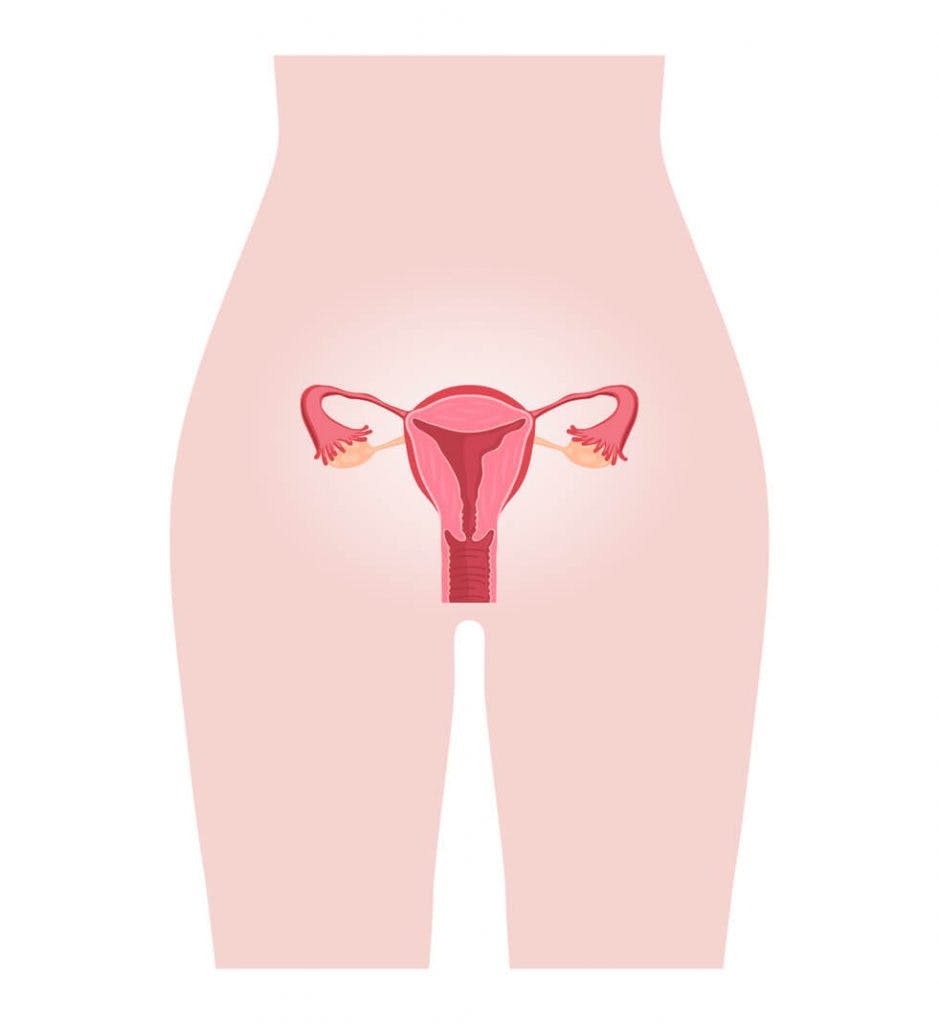My great grandmother died suddenly from ovarian cancer and my mother, who idolized her, had always remained vigilant about getting Pap tests. It’s a thing in our family — being on top of our ovary health — but this isn’t a reality for every person. And in fact, a recent report found that many women don’t know that much about ovarian cancer whatsoever.
Being the eighth leading cause of cancer in women, and affecting 300,000 women a year, the World Ovarian Cancer Coalition says that one in six women die within three months of the diagnosis. According to the WOCC study, two-thirds of the women had never even heard of ovarian cancer.
What’s terrifying about ovarian cancer is that it’s known as the “silent killer” because symptoms are not always noticeable. Family history is important as well as genetics (hence my family’s personal interest). Additionally, the use of certain consumer products, such as talcum powder, that may unknowingly increase a woman's risk of ovarian cancer.
Once symptoms are present, it’s typically long after cancer has already caused bloating, nausea, pain, and low energy. Still, these symptoms don’t always lead women to visit a doctor. According to NPR, one in ten women waited six months to see a professional.

The good news is that birth control, having children, and breastfeeding can reduce your risk of ovarian cancer because of the peak in the hormone progesterone that is released during pregnancy and birth control.
So why aren’t we knowledgeable on the topic? And why aren’t we allowing it to carry the same weight as breast cancer?
In short, there isn’t enough information on ovarian cancer. Mana Chakrabarti explains on NPR that because of the subtle symptoms, people aren’t taking it seriously. Moreover, accurate studies and more in-depth data is necessary for any improvement or change in numbers.
It’s also important to note that doctor’s are researching more ways to find a cure than raising awareness. They are spending their time seeking out reasons as to why ovarian cancer is the leading gynecological cancer and to create better treatment for patients diagnosed. And with articles, more data, and more research, the wider public can begin to put ovarian cancer on their radar in order to stay educated on any preventable measures.